Eco-Cha Tea Club
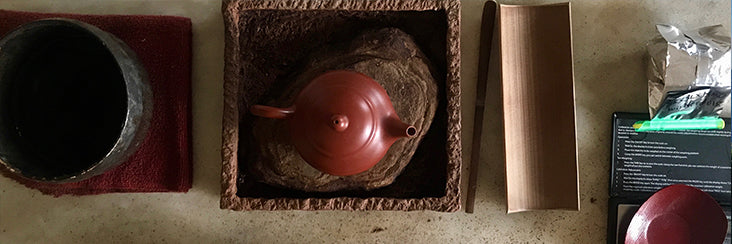
Long Feng Xia High Mountain Oolong Tea Tasting Notes | Eco-Cha Tea Club
Batch #38 of the Eco-Cha Tea Club is kicking off 2019 with a cutting edge rendition of Taiwanese High Mountain Oolong Tea. We're inspired to share this batch of tea because of its differentiating value from the conventional market grade High Mountain Tea that has become well known in Taiwan and beyond.
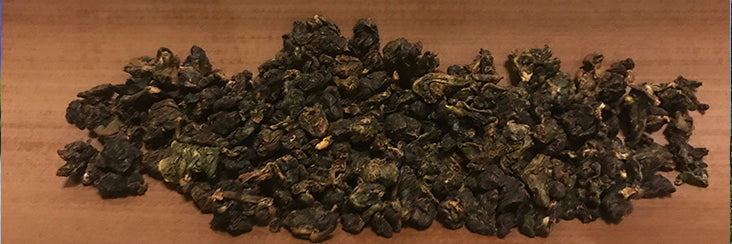
Red Oolong Tea Tasting Notes | Eco-Cha Tea Club
Appearance of the dried leaves is the first step in assessing any loose leaf tea. We can see by the coloration that these leaves are partially oxidized, with both green hues and darker tones. This is the first sign that it is a traditionally made Oolong tea. In recent trends, tea made in this fashion has been given the name "hong Oolong" or Red Oolong. It's actually just a new name for an old recipe.
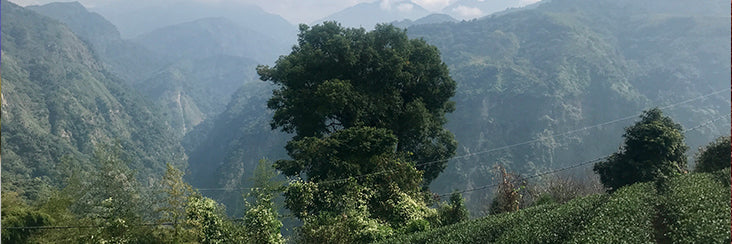
Red Oolong Tea | Eco-Cha Tea Club
This is what inspired us to share this batch of tea that was produced in Nantou County. We consider this batch of tea to be properly named Red Oolong, simply because the leaves are obviously only partially oxidized. The flavor of the tea has aspects of a Black Tea character while maintaining the fragrant, aromatic complexity of an Oolong.
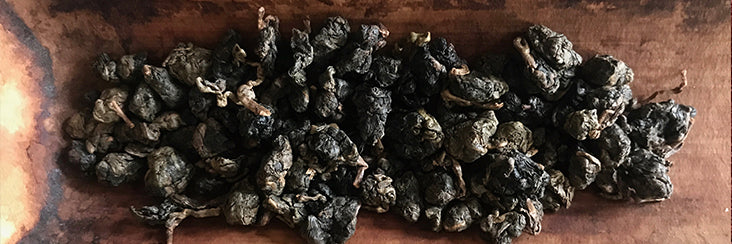
Fo Shou Oolong Tea Tasting Notes | Eco-Cha Tea Club
Fo Shou, or Buddha Hand, is a traditionally made Oolong Tea with deep roots — literally. This name refers to a large-leaf strain of tea, putting in the same category as Wild Tea, Assam, and Red Jade #18. Large-leaf strains are a category that is distinctly separate from the majority of small-leaf tea strains cultivated for Chinese Oolong, Green and Black Tea production.
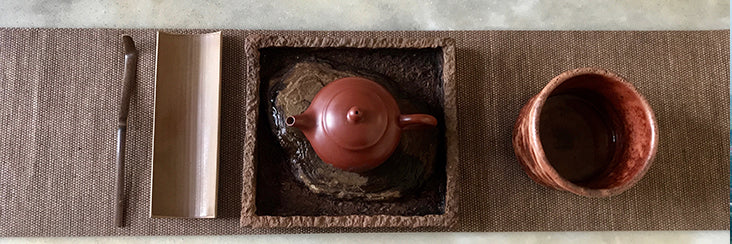
Honey Oolong Tea Tasting Notes | Eco-Cha Tea Club
The extensive oxidation and minimal roasting offer a flavor profile that has the rich, density of Small Leaf Black Tea while still maintaining enough freshness to give it complexity and vibrancy. Sweet, ripe fruity notes balanced by mildly astringent nutty/woody tones. Add to this an unmistakeable honey essence in both the aroma and on the palate. It's a proper Oolong in its complexity, and a signature bug-bitten batch of tea.
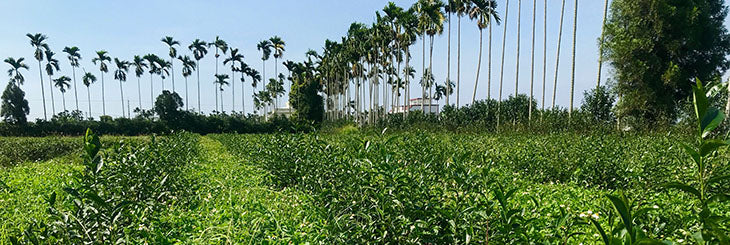
Eco-Farmed Jin Xuan GABA Tea | Eco-Cha Tea Club
While GABA tea was invented in Japan, it wasn't until Taiwanese tea makers applied their expertise in Oolong Tea processing methods that it became known for its unique qualities of flavor along with its heath benefits. Japanese production of GABA tea is focused on its value as a health food supplement, similar to green tea powder. The tea industry in Taiwan relies on its differentiating value of quality produce to compensate for its relatively low volume, compared to other tea producing countries. So when the demand for GABA tea increased, Taiwanese tea makers used their skillful resources and developed a specialty tea with specific healthy attributes.

